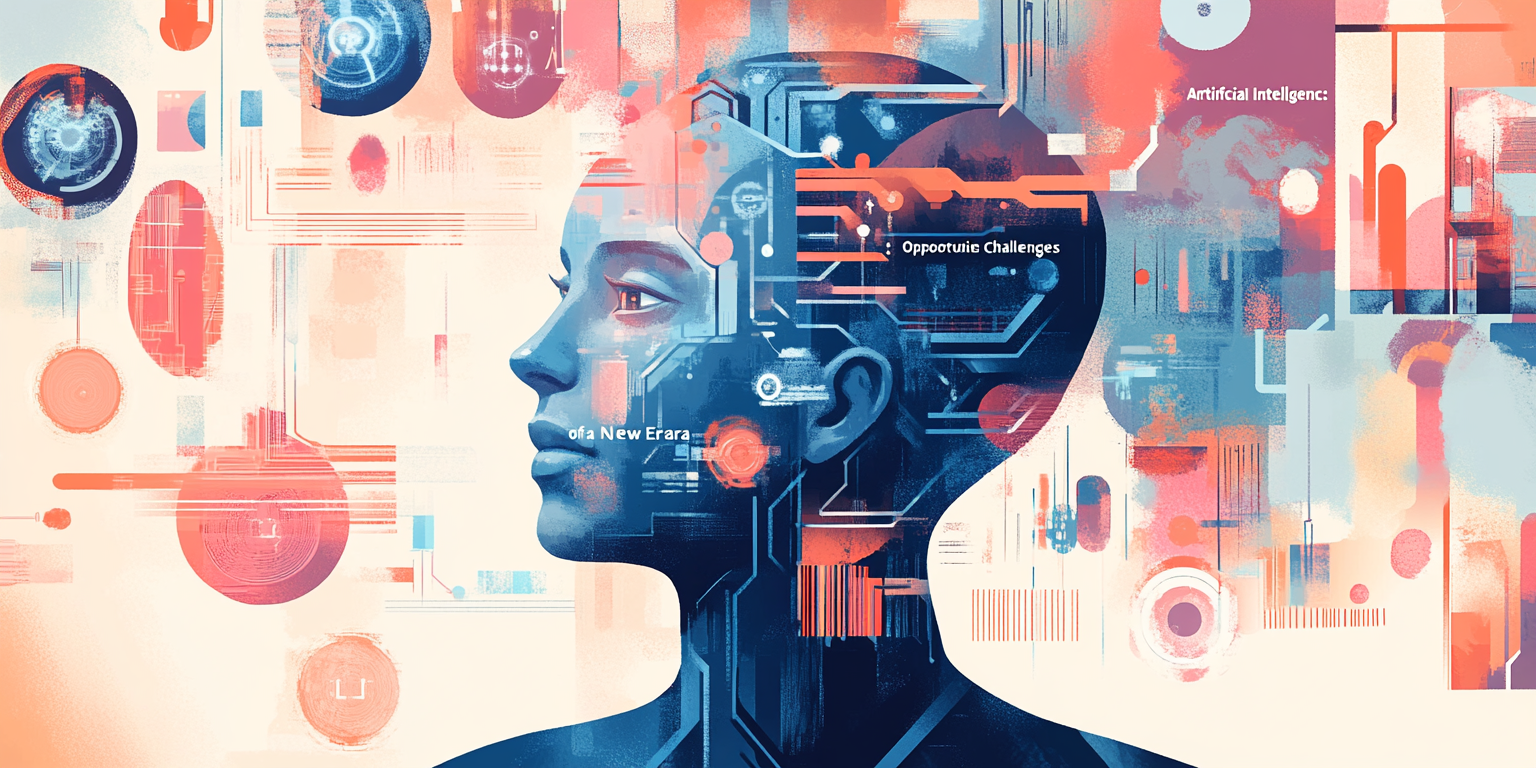Artificial Intelligence: Opportunities and Challenges of a New Era
Artificial Intelligence (AI) has become one of the most discussed technologies of our time. From enhancing everyday life to significantly impacting the global economy and society, AI is transforming familiar processes and unlocking incredible possibilities. However, this rapid progress also brings serious challenges.
Revolutionizing Technology and Business
AI has already revolutionized many industries. In healthcare, algorithms can diagnose diseases faster and more accurately than doctors. In manufacturing, robotic systems increase efficiency and reduce costs. Applications of AI span data analysis, process automation, and the creation of products that once seemed like science fiction, such as autonomous vehicles and voice assistants.
Businesses leveraging AI gain substantial competitive advantages. For instance, machine learning can analyze consumer preferences, enabling retailers to offer exactly what customers are looking for. This boosts sales and enhances the customer experience.
AI in Everyday Life
Today, AI surrounds us in nearly every aspect of daily life. Smart homes use AI-driven systems to automatically adjust lighting and temperature, search engines predict our queries, and social media platforms provide personalized recommendations—all powered by AI.
Chatbots, a product of AI advancements, have become indispensable in customer service. They handle inquiries, process orders, and even resolve complex issues, making interactions with companies faster and more convenient.
Ethical and Social Questions
However, the rapid development of AI raises pressing ethical concerns. One of the key issues is decision-making transparency. How do AI systems make decisions? How can fairness be ensured, and biases avoided? It is well-known that algorithms can inherit the biases of their developers, potentially leading to inequalities.
Privacy is another critical concern. AI often relies on extensive data collection, sometimes without explicit user consent. Clear regulations are needed to protect individuals’ rights in this evolving landscape.
The Future of Work and Automation
The impact of AI on the job market is a major concern. Experts estimate that automation could replace millions of jobs, especially those involving routine tasks. At the same time, new roles are emerging in fields such as AI development, management, and training.
To prepare for these changes, it’s essential to cultivate skills that are harder to automate: creativity, critical thinking, and empathy. These human qualities will remain in demand in the future workforce.
Conclusion
Artificial Intelligence is a powerful tool that can make the world a better place when used responsibly. To fully harness its potential while minimizing risks, it’s crucial to strike a balance between innovation and accountability. By addressing the ethical and societal challenges, we can ensure that AI benefits everyone, paving the way for a brighter future.
